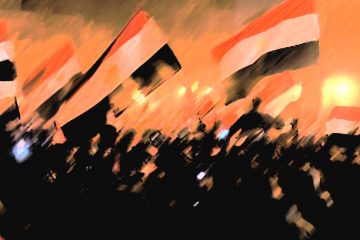
Contested Constitutions: A Microcosm of post-Arab Spring Divisions
Five years after Mohamed Bouazizi’s self-immolation in Sidi Bouzid, Tunisia ignited the Arab Spring. Yet while it inspired hope for democratic transition across the Middle East and North Africa, the region continues to be embroiled in civil war, terrorist networks, and crises of political legitimacy. In Syria and Bahrain, dictators used violence to thwart protests, leading to a prolonged civil war in Syria. In Yemen, despite the dictator’s negotiated transfer of power, rival sectarians are vying for power. In Tunisia and Egypt, dictators stepped down without much bloodshed. Lastly, in Libya, rebels overthrew the dictator with foreign military aid, but soon succumbed to factional warfare. This article will explore the interlude of democratic or semi-democratic politics in Tunisia, Egypt and …

Angola’s Perfect Storm
In a new article for Foreign Affairs, I discuss the perils of Angola’s reliance on declining oil revenues. Here are the first few paragraphs. In early 2014, Angola, sub-Saharan Africa’s second-largest oil producer and third-largest economy, was flush with cash and confidence. The economy had expanded tenfold over the previous decade, and the government, which in 2002 won a resounding victory in the country’s long civil war, was unchallenged at home, a towering presence in regional politics, and a major investor abroad, including in Portugal, the former colonial power. Its national reconstruction agenda funneled tens of billions of dollars into infrastructure and transformed Luanda into a would-be African Dubai that attracted thousands of expatriates. The rule of Angolan President José Eduardo …
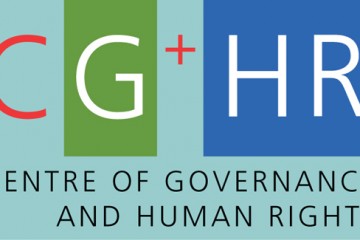
International intervention and the politics of building peace: ‘liberal imperialism’ or somewhat irrelevant?
International intervention in war-affected regions is the subject of much academic attention. Scholars and policymakers alike have been keen to understand the impacts, positive and negative, that international actors have when striving for peace in foreign countries. More often than not, the continuation of violence in areas that have been subject to heavy intervention, from Sudan to DRC, has generated staunch critique of the potential of such programmes to achieve their stated aim of ‘peace’. Africanist scholars in particular have identified efforts geared towards the increasingly linked aims of development and security as not merely ineffective, but exacerbating dysfunctional politics, insecurity and poverty across the continent. Following the wider critique of the liberal peace, interveners from UN peacekeepers to human …
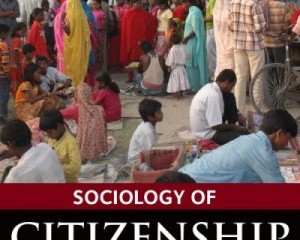
Moving Beyond Movements: Exploring paths of everyday citizenship in urban South Africa
In the rich literature that has emerged on social movements in post-apartheid South Africa, there have been many analyses that explore the degree to which particular social movements cooperate with the state or adopt a more antagonistic stance. Some break this picture down further, exploring the degree to which movements are able to cultivate or capitalise upon unique relationships with specific state actors or departments. Those kinds of accounts remind us that the state is, in reality, a collection of individuals and institutions that are often heterogeneous and fragmented, if not in active conflict with each other. This work has helped us to gain a more nuanced understanding of South Africa’s political landscape and the nature of statehood and citizenship within it.
Less prevalent in the literature on popular politics are studies of individuals and the diverse relationships they hold with state actors and institutions as they traverse between social movements and what Raul Zibechi would call ‘societies in movement’. And yet, this focus on ideas, identity, and practice in the midst of everyday life is crucial if we are to grasp what it means to be involved in grassroots politics.
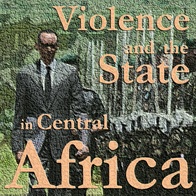
The Burundi Crisis beyond the third Term (3/3): Regional Implications
The important attention the Burundi crisis has received from the international media shows not only concerns with the safety and future of millions of Burundians but also fears of a regional contagion. Among the key questions are the regional support of president Nkurunziza, the likelihood of a foreign intervention, the lessons for the power-sharing model of peace-building Burundi incarnated, and possibilities for regional and national actors to solve the crisis.

The Burundi Crisis beyond the third term (2/3): local grievances, ethnicity, and the economy
The question of the constitutionality of a third term is absolutely central in the present crisis. The protesters have repeated their view that the constitution does not allow for a third term and expressed their fear of a carving up of the 2000 Arusha Peace agreement. The issues around the third term and Arusha have been widely discussed in the media and other essays. The roundtable tried to take a slightly different viewpoint and explored the key issues of the present crisis beyond the question of the third term: local grievances and post-war reconciliation and integration, the economy (and especially agriculture and aid), and whether the “ethnic factor” is still relevant.

The Burundi crisis (1/3) : (local) forces in presence
When president Nkurunziza announced his intention to run for a third term, serious unrest exploded in the streets of Bujumbura. In the last three weeks, violent clashes with the police have triggered fears of a new civil war and destabilisation of the entire African Great Lakes region. So far, the international community has been unable to calm the situation and 100,000 Burundians have already fled the country. The Oxford Central Africa Forum hosted a round-table on the 15th of May to examine the causes of the current situation and discuss the prospects for peace and democracy in Burundi and the region. It gathered six researchers who have conducted fieldwork in Burundi. We present some of their analysis and findings here in a short series of three articles. In this first post, we explore the forces present on the ground.
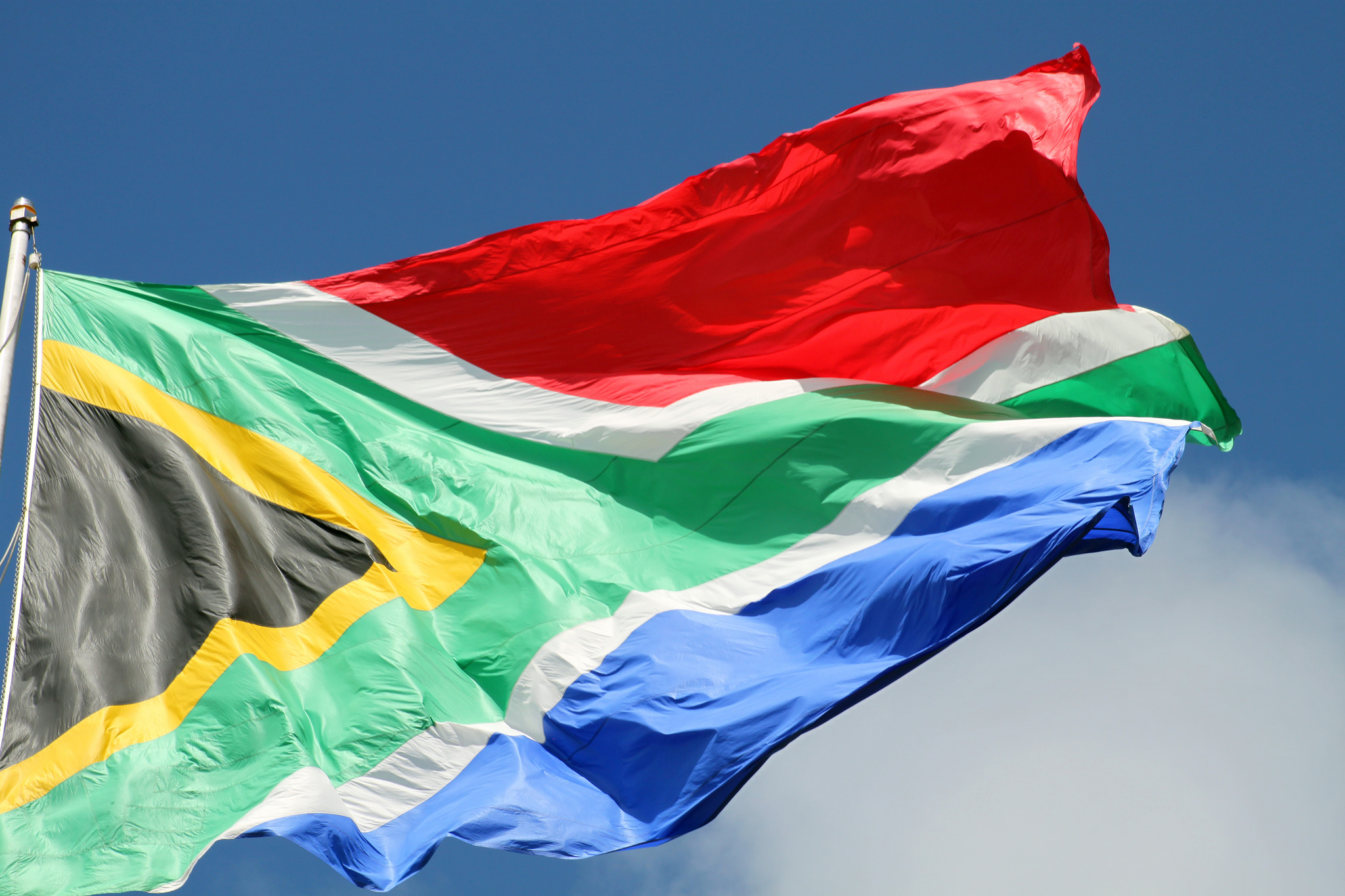
Xenophobia and the elusive Pan African dream
It is hard not to be depressed about the news over the last couple of weeks.
I am writing from South Africa where I am visiting some colleagues at the University of Cape Town. Last month the media was dominated by the xenophobic violence that has resulted in the deaths of seven people and the injury of many more.
Hundreds of foreign-owned shops and businesses have been destroyed, and thousands of people have been displaced.
It is unclear exactly what triggered this first wave of attacks on people from other African states, which spread from Durban to the country’s economic capital, Johannesburg.









